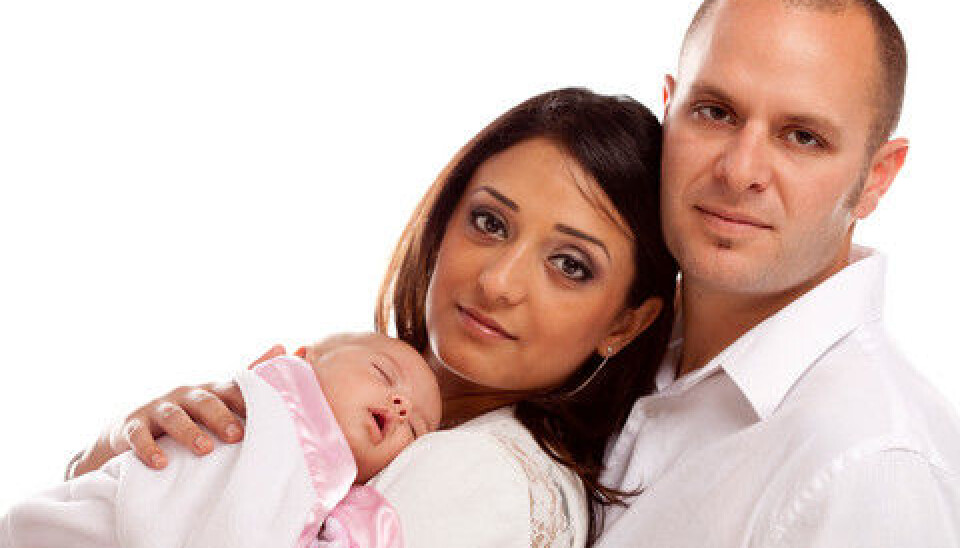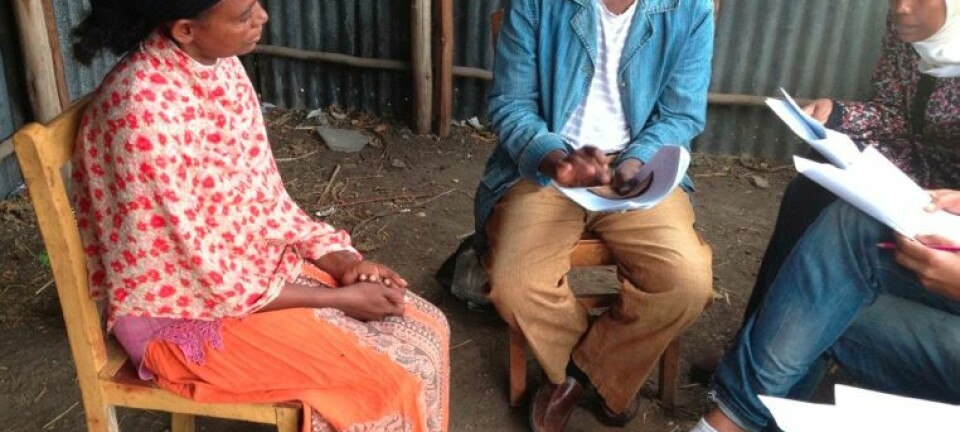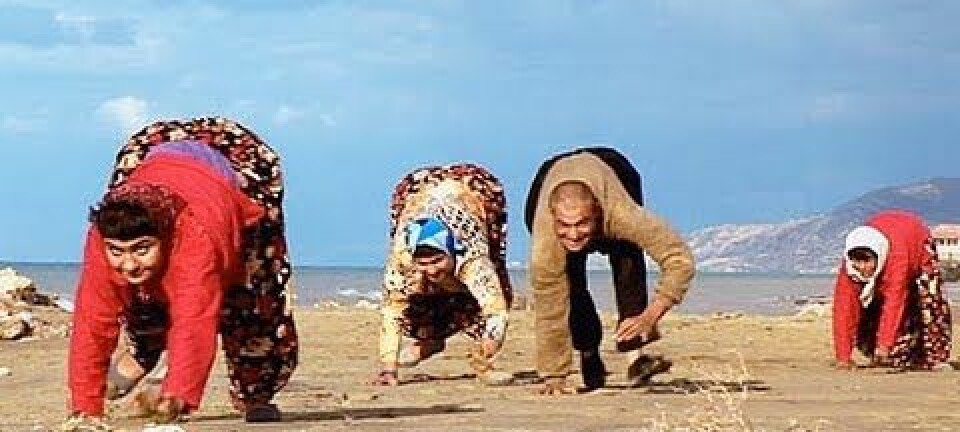
Culture and legislation challenge divorces among Danish Turks
Relations to Denmark play an unexpected strategic role in divorces between ethnic Turks, shows new research.
Imagine moving to a country, where you have no family or money and don’t speak the language, to marry someone you have never met.
This is the reality for many married couples of Turkish origin living in Denmark -- and why many decide to go for divorce.
Anika Liversage, senior researcher at the Danish National Centre for Social Research, SFI, has interviewed 31 divorced women and men of Turkish origin living in Denmark in an attempt to understand the role Danish society and Danish values play in their divorces. The answer is quite a lot, just read this story:
A Turkish man from Denmark meets a Turkish woman while on holiday in Turkey. To her he seems civilised and European compared to other Turkish men. Although her father opposes the marriage, she weds him and moves to Denmark with him.
She is now left without a network, language, work or permanent residence permit, leaving her deeply dependent on her new husband. She soon finds out that she has moved in with an addict with serious psychological problems.
He beats her but she doesn’t dare leave him because then she would risk being sent back to Turkey, where her father is threatening to kill her because she defied him by getting married.
Abandoned abroad penniless
On a holiday trip abroad the husband does not buy a return ticket for his wife and child. The woman manages to scrape together enough for two tickets by selling her jewellery.
Back in Denmark he makes another attempt to throw her out of the country by changing his address while on holiday and then reporting his wife to the welfare authorities.
It was pure chance that the welfare authorities knew the family and she managed to escape being sent home once again. Instead they help her move into a crisis centre where her husband can neither beat her nor force a divorce without her consent.
Huge increase in Turkish divorces
The above is just one story -- and one of the worst -- that Liversage heard while doing her project, which has been supported by the Danish Council for Independent Research.
“The project tells us an awful lot about how a person’s legal situation in a specific context can pull the carpet away from under their feet,” says Liversage.
Divorce is still rare in Turkey, while the number of divorces of people of Turkish origin in Denmark is three or four times what it was in the 1980s and is now on a par with ethnic Danish divorce rates. Liversage does not, however, believe there’s much to learn from comparing Danish and Turkish divorces.
“It’s a bit like comparing pears and bananas. Turks certainly get divorced over less in Denmark than in Turkey, but you must remember that they get married earlier. Marriage is perhaps their first relationship,” she says. “This is the same as a young Danish couple splitting up, and that would never reach the divorce statistics.”
An advantage to have roots in Denmark
The majority of marriages between Danish Turks in the 1980s and 1990s are forced marriages
This is when one party is brought over from Turkey while the other lives permanently in Denmark. Everyone of Liversage’s interview subjects are also part of that group.
In a marriage involving one party having to move, the person living in Denmark automatically has a home front advantage in the form of a network, family, language, values, and not least a legally binding residence permit -- especially during the first few years of marriage.
“Legislating to determine when people get their own residence permit makes one party of the marriage incredibly dependent on the other,” says Liversage. “This can be particularly unpleasant for women who have been brought to Denmark to get married because she’ll be in a very poor position if she gets divorced and especially if she has no option but to return to Turkey.”
In other cases the home front advantage can tip the power balance between the man and the woman to the woman’s advantage if she is the one who grew up in Denmark. She is left with an unexpected degree of power -- to the great confusion of her husband.
“If the husband is the one who came to Denmark to get married he can expect on the one hand to dominate at home but finds himself in a weak position if his wife wants a divorce,” says Liversage.
The chasm between Denmark and Turkey
Similarly, divorce is more acceptable among Turkish women living in Denmark than among their male counterparts -- women are also overrepresented in the research project because it is difficult to find male volunteers.
“The opportunities open to women are increasingly undergoing change. Individualisation takes place in Denmark and the welfare state, legislation and the Danish job market gives them entirely different possibilities. This also gives a woman opportunities without her having to rely on the family for help, which leads to some struggles over what she can permit herself without becoming so “Danish” that some people think she is going too far,” says Liversage, pointing out that Danish individualism often collides with Turkish collectivism.
The cultural chasm is quite naturally a crux in the research project, since the analysis of records shows that up to 90 per cent of marriages between Danes in Denmark in the 80s and 90s involved Turks coming to Denmark to marry.
“If you’re to create a family culture involving a couple who have grown up in each their own country you need to have some elements from Turkey and some from Denmark which can be brought together in many different ways. Who makes the decisions? Who does the washing up? Who will go out to work? Conflicts can arise,” says Liversage.
Who benefits from this development?
Liversage has completed a lot of research into partnerships and family relationships and she does not find that the development is simply an expression of Danish values rubbing off on the Turks.
“It has more to do with the fact that the structure you become part of, e.g. via the job market, education system and welfare structure has an impact, as well as working with and against certain Turkish dynamics and values. To call it integration doesn’t help. That can almost mean anything you want,” says Liversage, who also refrains from giving an answer as to whether the development is good or bad.
“It’s a ruthless process, involving negotiation and conflict over who the development should benefit. In my interviews there’s been a huge difference between women who were brought to Denmark to marry and found themselves in awful situations, and second generation immigrant women who really do have the upper hand. It’s becoming extremely clear how gender and the right to live in a place interact with immigration and how they cross each other and impose conditions on each other. So not surprisingly there is disagreement as to whether this process is a good or a bad thing,” says Liversage.
-------------------
Read the original story in Danish on Videnskab.dk
Translated by: Hugh Matthews










